
What Is A Canonical URL?
Cotgin Analytics
20-Aug-2024
In the context of search engine optimization (SEO), a canonical URL is a specific URL that you need search engines to treat as the "master" version of a page in cases when there are large numbers of URLs with identical or related content. In order to protect the integrity of a website's content and prevent search engines from misapprehending identical material in an attempt to manipulate rankings, it is necessary to comprehend the idea of a canonical URL. As a result, the website is more visible and ranks higher in search engine results pages (SERPs). Partnering with an experienced SEO Company in Gurgaon can help resolve duplicate content issues, ensuring your site maintains strong search engine visibility and rankings.
Understanding Canonicalization
Search engines may have trouble choosing which URL to index and display in search results when a website contains many URLs that go to the same or comparable content. This problem, also referred to as "duplicate content," can lower the pages' SEO value and harm the site's rankings.
Despite pointing to the same product, these URLs may be indexed as distinct pages by search engines, which would divide their ranking power. Canonicalization aids in this situation by identifying a single URL as the "canonical" or preferred version that search engines ought to index.
Importance of Canonical URLs
1. Avoid Duplicate Content Issues: Because identical material is regularly linked to spam, low-quality websites that attempt to manipulate search rankings, search engines penalize websites that add it. Webmasters may safeguard penalties by telling search engines which version of a page should be indexed through the use of canonical URLs.
2. Consolidate Link Equity: Inbound links to URLs that have the same content spread over their many versions when there are several URLs that have it. When you designate a canonical URL, all duplicate URLs' link equity, also known as "link juice", is combined, improving the canonical page's score.
3. Improve Crawl Efficiency: Because they can only spend so much time scanning a website, search engines have a restricted crawl budget. Their capacity to index other significant pages may suffer if they spend time crawling duplicate pages. Canonicalization aids search engines in giving relevant URLs top priority.
4. Enhance User Experience: You may lessen the possibility that consumers will come across inconsistent copies of information across several URLs by making sure they get on the accurate, canonical version of a page. Overall user engagement and satisfaction may increase as a result.
Implementing Canonical URLs
There are several approaches to implementing canonical URLs, based on your website's platform and structure. These are the most popular techniques:
1. Using the rel=“canonical” Tag
The most common way to designate a canonical URL is by adding a rel="canonical" tag in the <head> section of the HTML code. This tag tells search engines which URL is the preferred version of the page. Here’s an example:

2. HTTP Headers
In cases where a page does not have HTML content (such as a PDF or non-HTML resource), you can use HTTP headers to specify the canonical URL. This is done by including a Link header in the HTTP response.
3. 301 Redirects
You may use 301 redirects to permanently reroute people and search engines to the canonical URL if you have duplicate pages that are not used for any particular purpose. Search engines will only index the desired page, thanks to this strategy.
4. Sitemap Canonicalization
You may make sure that your XML sitemap only contains the canonical versions of your URLs in addition to designating canonical URLs on individual pages. By doing this, you may further strengthen your canonicalization efforts by helping search engines determine which sites want to be indexed.
Scenarios Where Canonical URLs Are Crucial
1. E-commerce Sites: Multiple iterations of product pages based on various criteria, including size, colour, or category, are frequently seen on e-commerce sites. Canonical URLs assist in combining all versions into a single primary product page in such circumstances.
2. Content Syndication: Canonical URLs are a good way to make sure that credit for your original material is given when you publish the same content on several platforms or let other websites republish it.
3. HTTP Vs. HTTPS and WWW Vs. Non-WWW Versions: A site can be accessible through both http:// and https://, or www.example.com and example.com. Specifying a canonical URL prevents search engines from treating these as separate entities.
4. Print-Friendly Pages: Websites frequently offer material that is suitable for printing. Canonicalization guarantees that search results favour the original page because these pages are effectively copies of it.
Common Mistakes to Avoid
1. Self-referencing Canonical Tags: Make sure the canonical page itself has the canonical tag pointing to it at all times. This keeps things explicit and minimizes uncertainty over the recommended version.
2. Inconsistent Canonical Tags: Ensure that a page's multiple copies all lead to the same canonical URL. Tags that are inconsistent might confuse search engines and lessen the benefits of SEO.
3. Not Using Canonical Tags for Paginated Content: Canonical tag use is crucial for multi-page articles and category sites. Generally speaking, unless each page in the series includes unique, important material, the canonical tag should go to the initial page.
4. Neglecting Mobile Versions: Make sure that canonicalization is correctly applied to identify the preferable version if your website has different URLs for its desktop and mobile editions.
Conclusion
Canonical URLs provide webmasters the ability to manage how search engines index and display their material, making them a crucial component of any SEO plan. Canonical tags and recommended practices can help you prevent duplicate content problems, build link equity, and increase search engine crawler efficiency. Whether you run a business website, e-commerce site, or blog with a lot of material, knowing and using canonical URLs may improve your site's user experience and search engine ranking.
Read Also - Does Your Domain Name Affect Your SEO?
Other Recent Blog

What Is Generative Engine Optimization (GEO)?
Cotgin Analytics |14-Oct-2024

Best Digital Marketing Strategies For Healthcare Industry
Cotgin Analytics |10-Oct-2024

Benefits Of Personalized Marketing For Your Business
Cotgin Analytics |08-Oct-2024

A Step-By-Step Guide To Create Google Web Stories In WordPress
Cotgin Analytics |26-Sep-2024
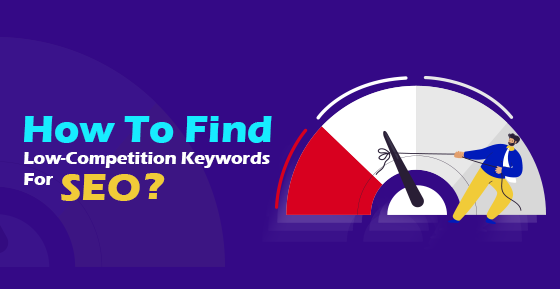
How To Find Low-Competition Keywords For SEO?
Cotgin Analytics |23-Sep-2024

10 Free Ways To Promote Your Business
Cotgin Analytics |19-Sep-2024

Top Digital Marketing Strategies For B2C Brands
Cotgin Analytics |17-Oct-2024

How To Increase Engagement On Instagram?
Cotgin Analytics |16-Sep-2024
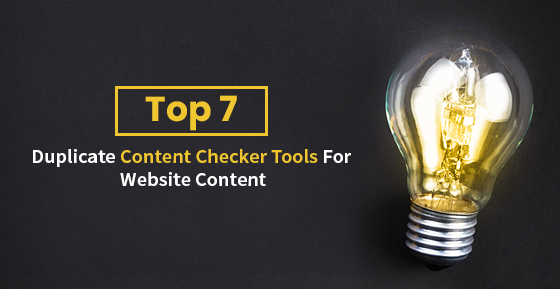
Top 7 Duplicate Content Checker Tools For Website Content
Cotgin Analytics |13-Sep-2024

10 Tips to Create A High-Performing PPC Campaign
Cotgin Analytics |09-Sep-2024

6 Digital Marketing Strategies For Startups
Cotgin Analytics |06-Sep-2024

What Is Core Web Vitals And How To Audit Them?
Cotgin Analytics |03-Sep-2024

List Of All Facebook Offices In India
Cotgin Analytics |22-Aug-2024

Digital Marketing Strategy For Manufacturing Companies
Cotgin Analytics |13-Nov-2024

What Is B2B SEO? And Tips To Build Your B2B SEO Strategy?
Cotgin Analytics |11-Nov-2024

Best Digital Marketing Strategies For Doctors
Cotgin Analytics |06-Nov-2024

Top 10 Digital Marketing Strategies For Travel Agencies In India
Cotgin Analytics |30-Aug-2024
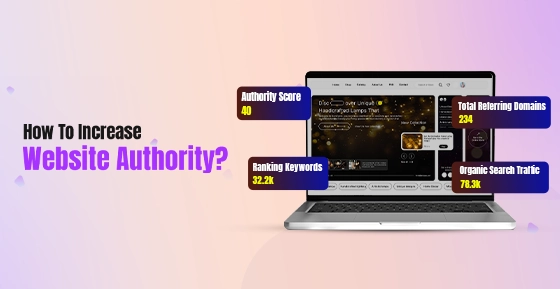
How To Increase Website Authority?
Cotgin Analytics |26-Aug-2024
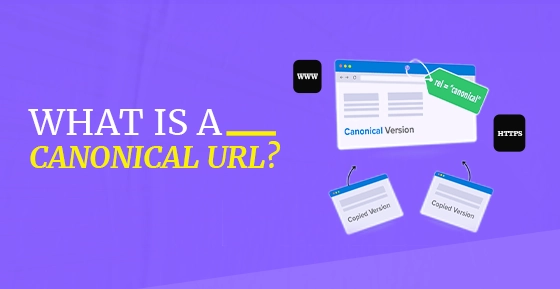
What Is A Canonical URL?
Cotgin Analytics |20-Aug-2024
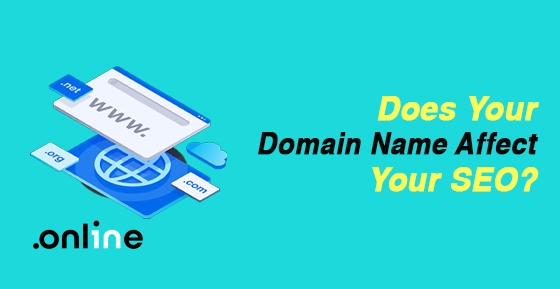
Does Your Domain Name Affect Your SEO?
Cotgin Analytics |14-Aug-2024

10 Tips For Writing Headlines That Boost Your Click-Through Rate
Cotgin Analytics |12-Aug-2024

10 Common SaaS SEO Mistakes And How To Avoid Them In 2024
Cotgin Analytics |08-Aug-2024

How To Create 3D Social Media Images?
Cotgin Analytics |06-Jun-2024

What Is Spam Link And How To Avoid Spam Links On Your Website?
Cotgin Analytics |01-Aug-2024

How To Increase Organic Traffic On Your Website?
Cotgin Analytics |30-Jul-2024
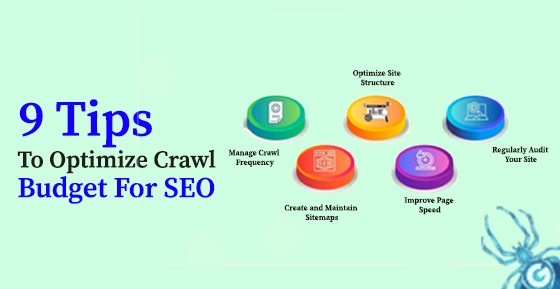
9 Tips To Optimize Crawl Budget For SEO
Cotgin Analytics |25-Jul-2024

Best Social Media Management Tools In 2024
Cotgin Analytics |23-Jul-2024

How To Write High-Quality Content in 2024
Cotgin Analytics |15-Jul-2024

8 Proven Strategies For Conversion Rate Optimization
Cotgin Analytics |04-Jul-2024

8 Effective Social Media Marketing Strategies For Business Growth
Cotgin Analytics |26-Jun-2024

The Best e-Commerce Market Places for Business - Leading Platforms
Cotgin Analytics |18-Jun-2024

The Future of Blockchain Technology in Digital Marketing
Cotgin Analytics |11-Jun-2024

Different Types of Featured Snippets - A Shortcut to the Top of Google
Cotgin Analytics |04-Jun-2024

Future of SEO: Expect from Google's AI Updates
Cotgin Analytics |28-May-2024

Exploring the Digital World - with the Help of Digital Marketing Strategy
Cotgin Analytics |21-May-2024

Instagram for Business - Grow Your Business and Drive Results
Cotgin Analytics |14-May-2024

Types of Mobile App Development Services - the Era of 5G
Cotgin Analytics |06-May-2024

Best AI Tools for Business Marketing and Success
Cotgin Analytics |29-Apr-2024

How To Increase Blog Engagement & Drive More Interaction?
Cotgin Analytics |08-Apr-2024

Website Development Services: A Comprehensive Guide
Cotgin Analytics |03-Apr-2024

7 Reasons Why Your Website Has A High Bounce Rate
Cotgin Analytics |01-Apr-2024

7 Ways To Increase Your Mobile App Downloads
Cotgin Analytics |28-Mar-2024

10 Email Marketing Strategies To Maximize Your Earnings In 2024
Cotgin Analytics |26-Mar-2024
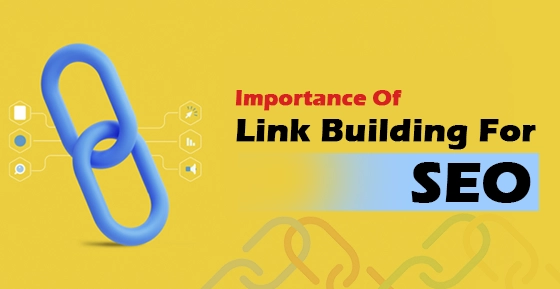
Importance of Link Building For the Success of your Website
Cotgin Analytics |22-Mar-2024

Useful ChatGPT Prompts To Create An Outstanding Mobile Application
Cotgin Analytics |21-Mar-2024
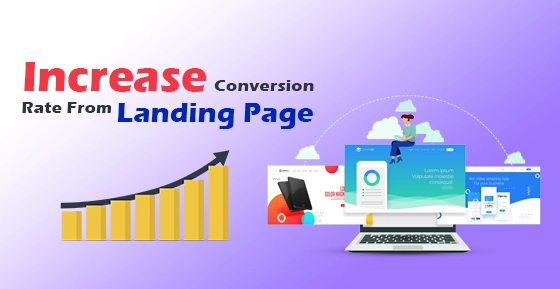
How To Increase Conversion Rate From Landing Page?
Cotgin Analytics |18-Mar-2024

What Digital Marketing Company Should Know About Google’s Core Updates 2024?
Cotgin Analytics |15-Mar-2024

What To Keep In Mind While Redesigning A Website?
Cotgin Analytics |12-Mar-2024

Top 8 Video Marketing Strategies To Grow Your Business
Cotgin Analytics |08-Mar-2024

Why Business Need Omnichannel Strategy?
Cotgin Analytics |06-Mar-2024

Mastering In LinkedIn Advertising :Tips to Targeting B2B Audiences
Cotgin Analytics |04-Mar-2024

Web Development Technologies To Use In 2024
Cotgin Analytics |01-Mar-2024

Best Content Marketing Trends You Need To Know In 2024
Cotgin Analytics |28-Feb-2024

Emerging Digital Marketing Trends You Must Know
Cotgin Analytics |26-Feb-2024

Top Technologies For Metaverse Development
Cotgin Analytics |23-Feb-2024

Features You Must Consider In ECommerce Website
Cotgin Analytics |21-Feb-2024

Best 10 SEO Tools to Improve Ranking
Cotgin Analytics |15-Feb-2024

How To Optimize Google My Business Profile To Accelerate Growth?
Cotgin Analytics |14-Feb-2024

How Is SEO Different From PPC?
Cotgin Analytics |01-Feb-2024
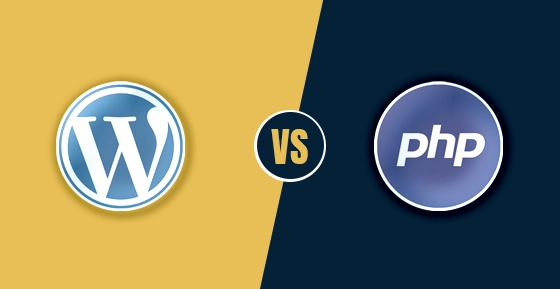
Which Is Better For Your Website Wordpress Or PHP?
Cotgin Analytics |19-Jan-2024
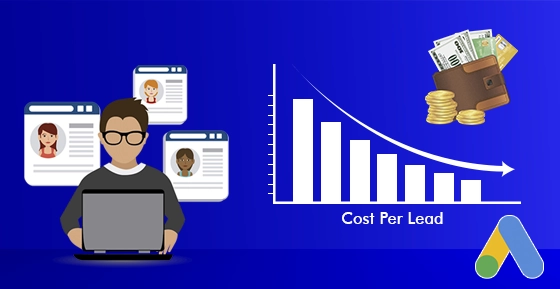
Best 9 Ways To Decrease Cost Per Leads In Google Ads Campaign
Cotgin Analytics |16-Jan-2024

Why Is E-Learning App Important For Education In 2024?
Cotgin Analytics |12-Jan-2024
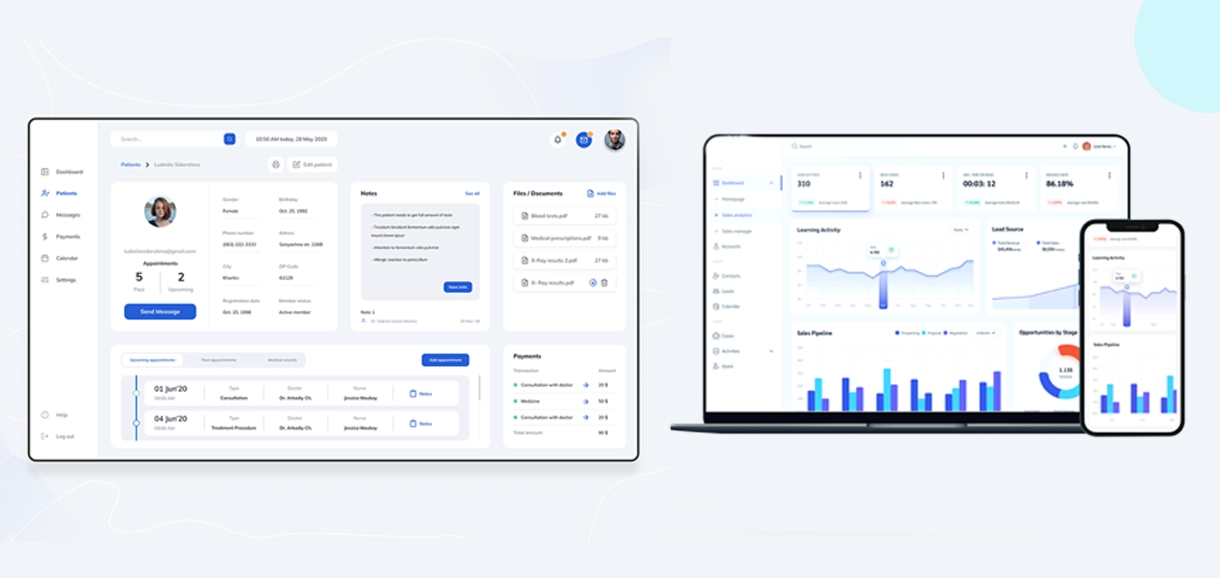
How CRM Can Help Your Business To Boost Sales?
Cotgin Analytics |11-Jan-2024

How To Choose Ecommerce Website Design Company For Online Store?
Cotgin Analytics |03-Dec-2023

Top Reasons Why Your Business Needs SEO
Cotgin Analytics |05-Nov-2024

How To Use Google Shopping Ads Effectively To Boost Your Sales?
Cotgin Analytics |09-Dec-2024

Top Ways To Increase Your Mobile App Downloads
Cotgin Analytics |18-Dec-2024

Why Do Companies Spend On Advertising?
Cotgin Analytics |26-Dec-2024

Optimizing H1 Tags For Better SEO Results
Cotgin Analytics |03-Jan-2025

Why Laravel Is The Key To Your Next Successful Web Project?
Cotgin Analytics |07-Jan-2025

Advantages Of WordPress Development In 2025
Cotgin Analytics |10-Jan-2025

What Is The Importance Of SEO For An E-commerce Website?
Cotgin Analytics |14-Jan-2025

What Is The Difference Between UI/UX Design And Web Design?
Cotgin Analytics |16-Jan-2025

Why Your Business Needs A Professional Logo Design?
Cotgin Analytics |20-Jan-2025

How To Become Great IN Content Writing?
Cotgin Analytics |23-Jan-2025

Digital Marketing Tips For Law Firms
Cotgin Analytics |29-Jan-2025
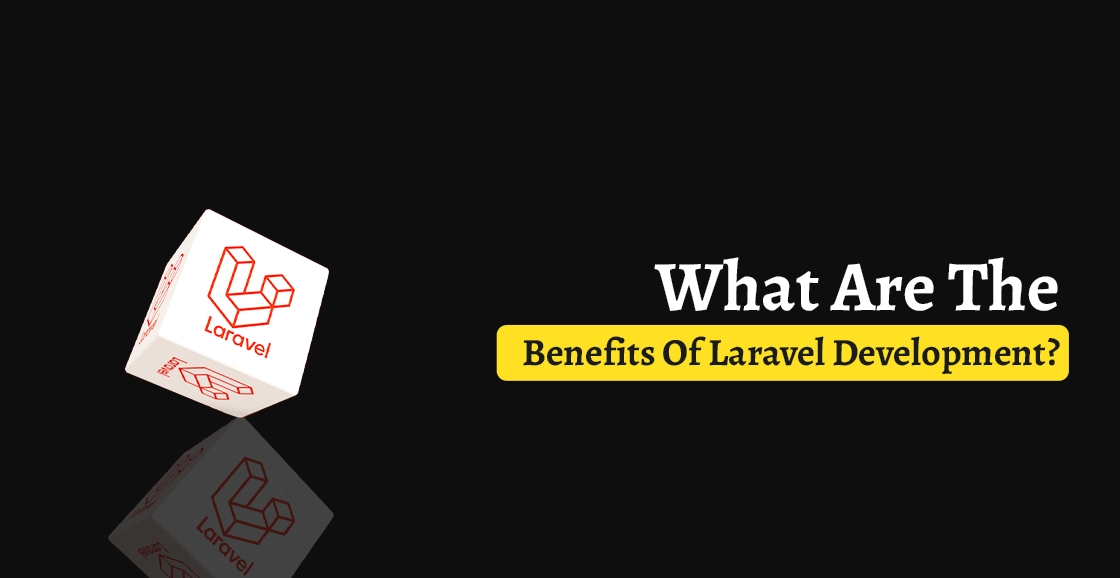
What Are The Benefits Of Laravel Development?
Cotgin Analytics |31-Jan-2025

Web Design Services: Your Gateway To Digital Success
Cotgin Analytics |04-Feb-2025

Transform Your Website With A Premier PHP Web Development Company In Delhi
Cotgin Analytics |07-Feb-2025

Top Google Ads Trends You Cannot Ignore In 2025
Cotgin Analytics |13-Feb-2025

What Is A Landing Page And How Would You Use It?
Cotgin Analytics |14-Feb-2025

Maximize Your Social Media Impact With SMO Techniques
Cotgin Analytics |19-Feb-2025

Common Google Ads Mistakes And Process To Avoid Them
Cotgin Analytics |24-Feb-2025

How To Improve Website Performance?
Cotgin Analytics |27-Feb-2025

How Content Writing Services Can Transform Your Online Presence?
Cotgin Analytics |03-Mar-2025

What Is The Main Purpose Of Chatbot?
Cotgin Analytics |10-Mar-2025

What Is Organic Traffic? & How To Drive It To Your Website?
Cotgin Analytics |12-Mar-2025

Mastering Responsive Website Design For Better Performance
Cotgin Analytics |17-Mar-2025

How A WordPress Development Agency Can Elevate Your Online Presence?
Cotgin Analytics |21-Mar-2025

Why Your Business Needs A UI/UX Design Agency In 2025?
Cotgin Analytics |24-Mar-2025

How An SEO Agency In Delhi Can Elevate Your Search Ranking?
Cotgin Analytics |27-Mar-2025

Innovative Logo Design Services In Delhi To Boost Your Business
Cotgin Analytics |31-Mar-2025

The Importance Of Regular Website Maintenance For Long-Term Growth
Cotgin Analytics |03-Apr-2025

Google Ads vs. Facebook Ads: What Works Best For Brand Growth?
Cotgin Analytics |08-Apr-2025

Boost User Engagement With Dynamic Website Designing In 2025
Cotgin Analytics |11-Apr-2025

Mobile-Friendly E-commerce Design: Why It Matters More Than Ever?
Cotgin Analytics |15-Apr-2025

Future-Proof Your Business With A Website Development Agency
Cotgin Analytics |18-Apr-2025

Best Content Marketing Trends For 2025
Cotgin Analytics |22-Apr-2025

Best Features Offered By Website Development Companies In Noida
Cotgin Analytics |25-Apr-2025

How The Best SEO Company In Noida Can Grow Your Business?
Cotgin Analytics |29-Apr-2025

Power Up Your Website With Top SEO Experts In Defence Colony
Cotgin Analytics |02-May-2025

Difference Between Online Marketing & Offline Marketing
Cotgin Analytics |06-May-2025

The Role Of Graphic Design In Brand Success
Cotgin Analytics |09-May-2025

How Digital Marketing Helps Schools & Colleges Grow Online?
Cotgin Analytics |13-May-2025

Improve Your Hospital’s Online Presence With Smart SEO In 2025
Cotgin Analytics |16-May-2025

Why Choose A Website Designing Agency In Punjabi Bagh For Online Success?
Cotgin Analytics |19-May-2025

Drive Instant Traffic with Proven PPC & Google Ads Solutions
Cotgin Analytics |22-May-2025

Top 10 Website Development Companies In Noida You Should Know
Cotgin Analytics |27-May-2025

Top 10 Website Design Practices You Should Know
Cotgin Analytics |29-May-2025

Boost Your Business With A Reliable WordPress Development Agency
Cotgin Analytics |03-Jun-2025

Boost User Engagement With Expert Website Design In Gurgaon
Cotgin Analytics |11-Jun-2025

Grow Your Local Brand With A Digital Marketing Agency In Punjabi Bagh
Cotgin Analytics |18-Jun-2025

Boost Local Rankings With The Best SEO Agency In Pitampura
Cotgin Analytics |23-Jun-2025

Why Your Business Needs A Professional Web Design Agency In Rohini?
Cotgin Analytics |26-Jun-2025
Brief us your requirements below, and let's connect.
